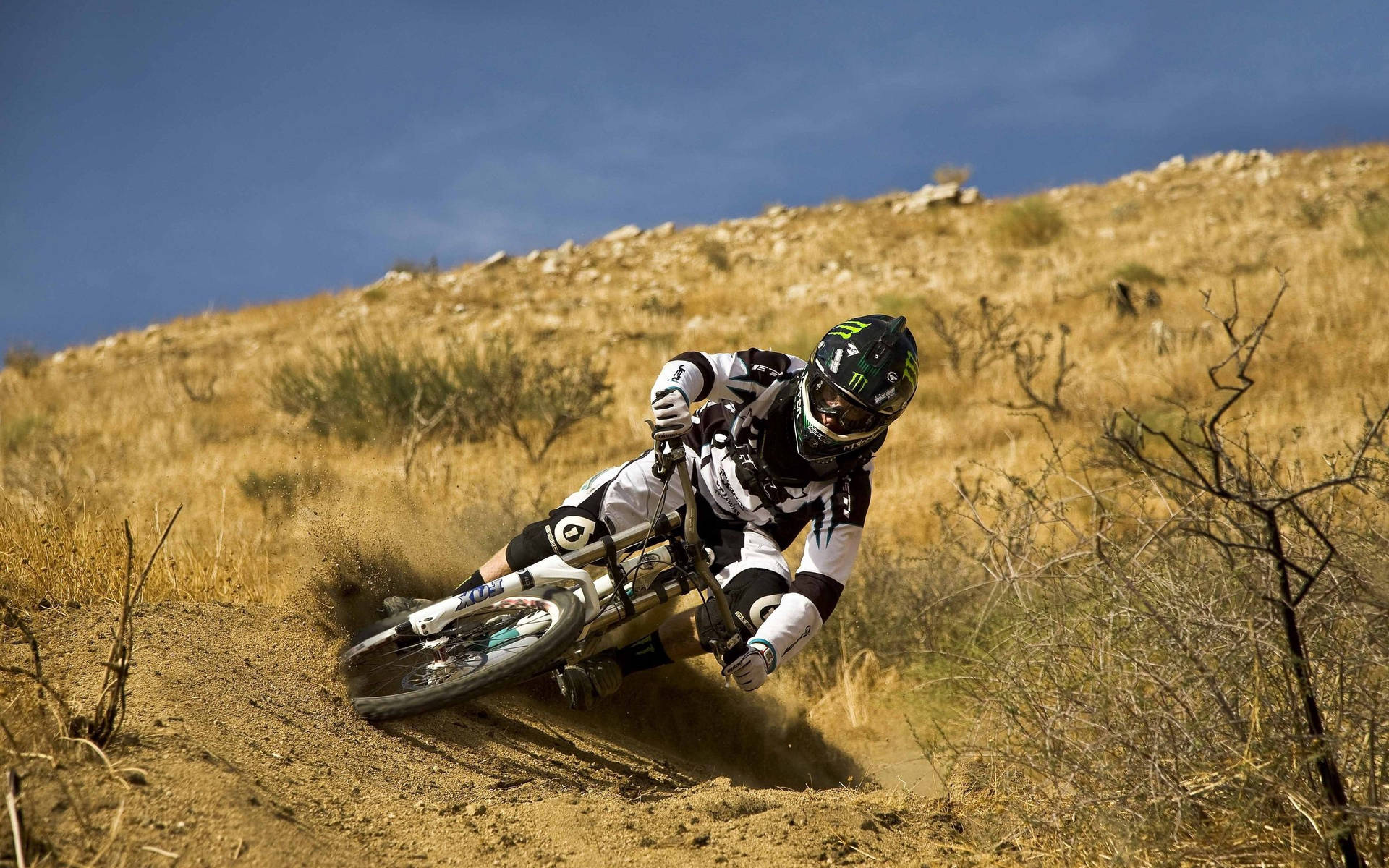Although spending the first 20-odd years of my life in Auckland the Waitakere Range, to the west of the city is an area I have not explored.
Where in Auckland do you find a Topographical Map?
As a Wellington resident and tramper over the past decade, I have been startled by the number of lost persons requiring assistance from search and rescue in this area. At times it seemed like it was a rite of passage for being an Aucklander to get lost in the Waitakere Ranges!! On Boxing Day I visited four different outdoor equipment stores on Auckland’s North Shore in an effort to buy some topographical maps of this area. To my disgust most of these stores did not stock topographical maps at all, looked at me strangely when I used a big long word like “topographical” and referred me to the bookstore that could offer me no more than a a street directory for my car or a globe for my desk!! The one store that seemed to fully understand the word “topographical” mostly had maps of the sections of the Mt Aspiring and Fiordland National Parks that are well tracked, but in the lower half of the South Island.
Fortunately they were able to find a single copy of “NZTopo50-BB30ptBB31”. However, due to the peculiarities of the new NZTopo50 grid, even though this map includes some the adjacent BB31 map it still contains over 70% sea. This gave me coverage for about one third of the range, in the south-western corner of the Waitakere Ranges Regional Park.
Pararaha Stream and Surrounds
| Trip Data: | ||
| Distance: | 10.8 km | 1,089 Calories |
| Time: | 4:03 | 22min/km |
| Elevation: | Ascent: 1696m | Descent: 1685m |
| Ride Data: | Garmin Connect Player | |
| Location: | Auckland, NZ | 27 December 2009 |
Buck Taylor Track
My nephew, Jamie and I headed down the Buck Taylor Track from the Lone Kauri Rd
carpark. This track begins as a very broad, well cut walking track at the carpark before becoming narrower, muddier and steeper tramping track with the easily negotiated rocks, tree roots and slippery clay during the descent down into Pararaha Bay. Approac
hing the bay there is a junction offering the worthwhile 10 minute side-trip to the lagoon. At 2.4km or 46 minutes from the road-end we reached the black sand dunes between a sizable lagoon and the beach with crashing waves from the Tasman Sea. With numerous dragon-fly munching away on small insects we decided to have a quick munch on some snack bars too.
The track signposts along this coastal area all marked the soon to be opened Hillary Trail, which will offer the first documented multi-day tramping route in the Waitakare Ranges.
Pararaha Stream
From the beach, travelling past the side-trip junction and towards the Muir Track a crossing of the Pararaha Stream is reached about 10 minutes along the track. Shortly after this stream crossing we could hear Kereru in the bush on the true left-side of the Pararaha Stream. 1.1km/20 minutes along the Muir Track the Les Ward Shelter and Pararaha campsite (permit required) is reached. From the shelter you can drop down to the picturesque Pararaha Stream where initially you can follow a well worn, but not official track present on the true-left side of the stream before disappearing as we negotiated the stream past some wonderful swimming hills and pretty terraced waterfalls. Even better was both combined so I could not resist the chance for a quick swim on the warm day in pool under one of the terraced waterfalls.
About 500m/40 minutes from the Les Ward Shelter we reached large boulders and a larger waterfall. The valley was narrowing to become canyon-isque and after climbing the second set of boulders, which had a log jam over moving water leading the next series we decided it was best not to proceed directly up the stream.
Besides, I would have been in so much trouble with my sister if I got my nephew and I trapped in the middle of a canyon
Looking at the surrounding terrain, and considering the well trodden track further downstream I thought there may have a trail up a gully to our left, on the true right of the Pararaha Stream but on this occasion I failed to see where it left the stream. Now home, and with access to broadband, my blindness becomes completely evident from this page on tramper.co.nz:
At a deep pool 30 minutes from the campsite, a track climbs out on the true right. This track clambers steeply past a larger waterfall to a striking pair of kauri. Above the fall, the stream eases off, and a couple more deep pools are avoided by tracks on the true left. Watch for these: they are very easy to miss.
Muir Ridge Track Odlin Timber Tracks
After wandering through the beautiful Pararaha Stream, following the tracks back to the car were certainly nowhere near as memorable.
The Muir Track is exactly how all uphill tramping tracks should be. Short, sweet and straight up! A 260m climb from the shelter in 27min/1.1km. At the top you reach a track junction with Gibbons Track to the SE and Walker Ridge track to the NE both offering less steep travel.
Walker Ridge Track
The Walker Ridge track offers fast, generally flat travel for 50min/2.7km to pt378, “Orange Peel Corner” junction with the Huia Ridge (NE) and Odlin Timber (NW) Tracks.
Odlin Timber Track
The Odlin Timber Track (45min/2.5km) is mostly downhill from “Orange Peel Corner” although it climbs up steps from the point at which the top of the Pararaha Stream. It reaches the road shortly before the carpark travelling marginally inside the bush parallel to it for the last 150m. The “Odlins 2” campsite it passes looks like a nice spot, although so near the road-end I am neither sure how much it is used or where “Odlins 1” is located.
That said, the Auckland Regional Council seem unsure of where “Odlins 2” is located, given their location description:
Odlins 2 Campground
Small tent sites, tramping access from Lone Kauri Rd.
Camping site
Bookable: Yes
Directions: Park at car park on Lone Kauri Road. Walk 2.8 km up Odlins Timper Track.
Grade: Back Country Site
Camping mode: Small tent sites
Ummm, correct me if I am wrong, but I believe that this is beyond the Odlins Timber track? It is only 2.5km long :). I’m pretty sure that the campsite is 1.7km from the road-end near where the track crosses the Cowan Stream? Perhaps the council could not find a topographical map either :D.





















